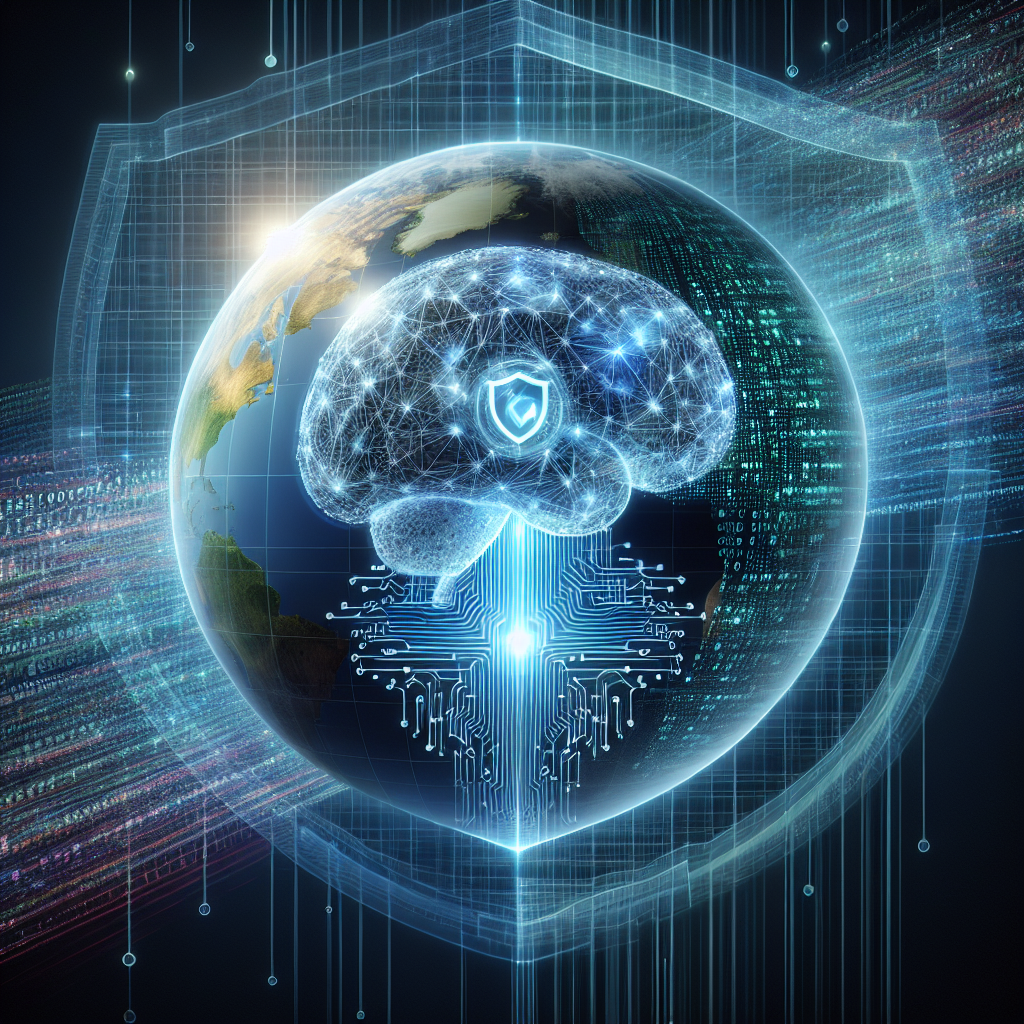Artificial Intelligence (AI) has revolutionized many industries, and one area where its impact is particularly evident is in cybersecurity. With the increasing frequency and sophistication of cyber attacks, organizations are turning to AI to help bolster their defenses and stay one step ahead of hackers.
AI has the ability to quickly analyze vast amounts of data and identify patterns and anomalies that human analysts may have missed. This makes it a powerful tool in detecting and responding to cyber threats in real-time. By continuously monitoring the network for suspicious activity, AI can help organizations mitigate potential breaches before they cause significant damage.
One of the key ways AI strengthens cybersecurity is through the use of machine learning algorithms. These algorithms are trained on historical data to recognize patterns of normal behavior and identify deviations that may indicate a security threat. By constantly learning and adapting to new threats, AI can enhance a company’s security posture and make it more resilient to cyber attacks.
AI-powered tools such as threat intelligence platforms, endpoint detection and response systems, and security information and event management (SIEM) solutions are increasingly being adopted by organizations to automate the detection and response to threats. These tools can sift through vast amounts of data and identify potential threats more quickly and accurately than traditional manual methods.
Another area where AI is making a significant impact in cybersecurity is in the field of predictive analytics. By analyzing trends and patterns in historical data, AI can help organizations anticipate and prevent future cyber attacks. This proactive approach to cybersecurity is essential in today’s fast-paced digital landscape, where new threats are constantly emerging.
AI is also being used to improve the efficiency of incident response processes. By automating routine tasks such as patch management, threat remediation, and log analysis, AI can free up human analysts to focus on more strategic tasks that require human judgment and expertise. This not only speeds up response times but also helps organizations better allocate their resources to deal with the most critical threats.
In conclusion, AI is playing an increasingly important role in strengthening cybersecurity for organizations of all sizes. By leveraging the power of AI to detect and respond to threats in real-time, organizations can improve their security posture and better protect their sensitive data from cyber attacks. As the threat landscape continues to evolve, organizations that embrace AI-driven cybersecurity solutions will be better equipped to defend against the ever-growing array of cyber threats.

